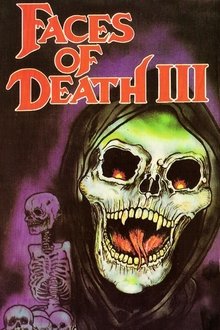In 1967 Canadian filmmaker Hugh O'Connor came with a crew to eastern Kentucky to make a film showing people from all walks of life in the United States. They finished the day by filming coal miners and their families in rental houses. As the filmmakers were leaving, Hobart Ison, the owner of the property, drove up and fired three shots, killing Hugh O'Connor. Elizabeth Barrett, from Kentucky herself, explores why this happened by trying to understand the people and culture of eastern Kentucky.
Related Movies
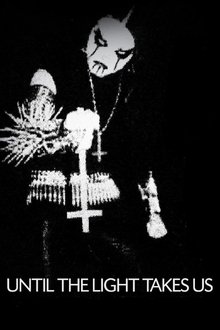
Until the Light Takes Us (2008)
Chronicles the history, ideology and aesthetic of Norwegian black metal, a musical subculture infamous as much for a series of murders and church arsons as it is for its unique musical and visual aesthetics. This is the first film to truly shed light on a movement that has heretofore been shrouded by rumor and obscured by inaccurate and shallow depictions. Featuring exclusive interviews with the musicians themselves, Until the Light Takes Us explores every aspect of the controversial movement that has captured the attention of the world.
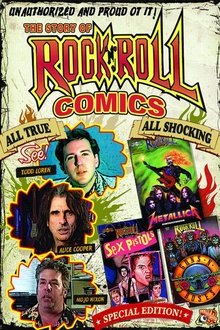
The Story of Rock 'n' Roll Comics (2011)
Todd Loren, whose scandalous series of unauthorized comic book biographies of rock stars enraged and sometimes charmed his subjects, provoked numerous lawsuit threats from the likes of Bon Jovi, Guns N Roses and Skid Row, and eventually led to a landmark First Amendment case, all before he was savagely murdered in 1992. Includes first hand accounts from many of the artists and writers who were inspired and exploited by Loren, along with interviews with Alice Cooper, Mojo Nixon and more.
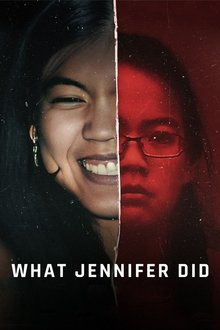
What Jennifer Did (2024)
When Jennifer Pan calls 911 to report that her parents have been shot, she becomes the primary focus of a captivating criminal case.

Styckmordet: berättelsen om en rättsskandal (2005)
Originally planned as a two part docudrama - "The child's story" and "The double sentence". In the years 1982-84 was three women prostitutes murdered in Stockholm. 27-year-old Catrine da Costa was the third in this row. The murders had similarities that never before was recognized. Two medical doctors identifies as murderers in the media. The two was at first convicted of murder in the district court and then acquitted by the District Court.

Fred and Rose: The West Murders (2008)
In 1994, police dug up the bodies of nine young women from the home of Gloucester builder Fred West and his prostitute wife Rose. Police tapes, never disclosed at the time, reveal how Fred West had begun a series of shocking confessions after the severed corpse of his teenage daughter, Heather, was found under the patio of their Cromwell Street home. West's seemingly normal home movies record how he turned the family home into a brothel for his wife Rose, as his children played downstairs.
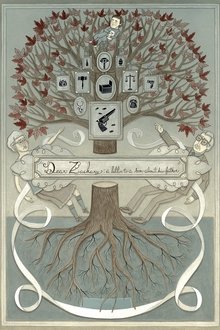
Dear Zachary: A Letter to a Son About His Father (2008)
In 2001, Andrew Bagby, a medical resident, is murdered not long after breaking up with his girlfriend. Soon after, when she announces she's pregnant, one of Andrew's many close friends, Kurt Kuenne, begins this film, a gift to the child.

His Name Was Jason: 30 Years of Friday the 13th (2010)
A retrospective documentary about the groundbreaking horror series, Friday the 13th, featuring interviews with cast and crew from the twelve films spanning 3 decades.
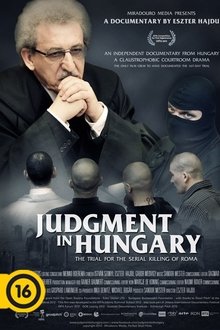
Judgement in Hungary (2013)
Hungary was the site of serial murders on ethnic basis. Over the course of one year, the murderers killed and seriously injured Roma children and adults. The state charged 4 men with committing the crime with racial motivation. This historical trial started March, 2011, and ended August, 2013 in Budapest. The 167 days of hearings was only documented continuously by our crew. We had exclusive permission to use multiple cameras in the court-room. The film is a classical chamber-drama, taking place in a small, claustrophobic court room, in the middle of Europe. What will be the outcome of the marathon, 3 year-long trial?
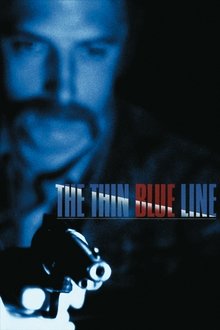
The Thin Blue Line (1988)
This unique documentary dramatically re-enacts the crime scene and investigation of a police officer's murder in Dallas.
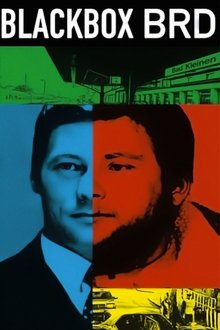
Black Box BRD (2001)
Black Box BRD steps back into German history, showing the Federal Republic of Germany of the 70s and 80s. The country is polarized due to the power struggle of the German state and the "Red Army Faction". Society is torn, the fronts are irreconcilable. The life stories of both Wolfgang Grams and Alfred Herrhausen are tragically linked to this era. Grams is the one who takes up arms for moral rigor; Herrhausen however seizes power and dies when powerful.
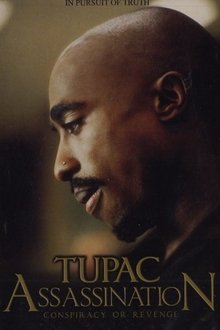
Tupac Assassination Conspiracy Or Revenge (2009)
Tupac: Assassination is a documentary film about the unsolved murder of rapper Tupac Shakur. The film is produced by Frank Alexander (Tupac's bodyguard who was the only guard assigned and present at the time of the shooting) and RJ Bond, who also directed the film.
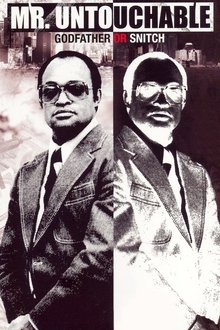
Mr. Untouchable (2007)
The true-life story of a Harlem's notorious Nicky Barnes, a junkie turned multimillionaire drug-lord. Follow his life story from his rough childhood to the last days of his life.

The Crazy Life (2008)
A documentary about the rival gangs Mara 18 and Mara Salvatrucha, originating in Los Angeles but terrorizing El Salvador. It explores their origins as possible founding myths of organized crime in a globalized world.
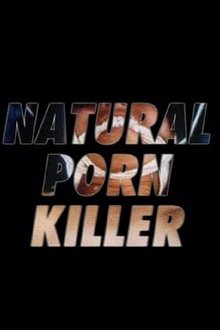
Ted Bundy: Natural Porn Killer (2006)
Documentary about serial killer Ted Bundy. This documentary asks the question whether Bundy's obsession with pornography was the cause of his crimes.
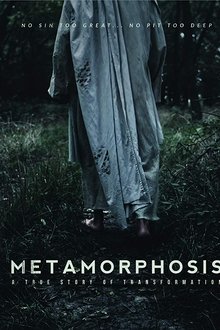
Metamorphosis (NaN)
Metamorphosis is a documentary-style film giving the true account Bill Troester and the transformation he experienced by Jesus out of a life of violence, crime and drug addiction.
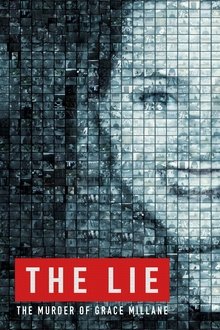
The Lie: The Murder of Grace Millane (2024)
The shocking murder of 21-year-old British backpacker, Grace Millane, in New Zealand grabbed headlines around the world in 2018, as did the ensuing investigation and trial. This chilling true-crime documentary revisits the night of her tragic murder with previously unseen footage and expert analysis, exploring the alarming, regressive attitudes laid bare in the subsequent trial, and highlighting important, broader issues of violence against women in today’s society.
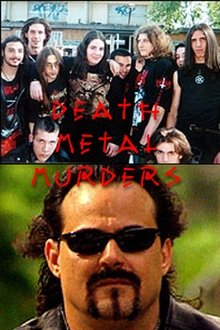
Death Metal Murders (2005)
Murder, rape, satanism and necrophilia is the staple diet of millions of teenagers who listen to the lyrics of extreme heavy metal music. This World investigates the potential links between "death metal" and a series of gruesome crimes around the world. In Italy a group of young death metal fans formed a satanic cult called the Beasts of Satan. At least four gruesome killings resulted. But death metal musicians deny that they have any responsibility for the actions of people who profess to be their fans. With exclusive access to the families, one of the killers and graphic police footage, the film tells the inside story for the first time. We hear from the musicians, the children and the parents from Oslo to California and ask just how far can music go in its ability to shock, and just how damaging might it be?
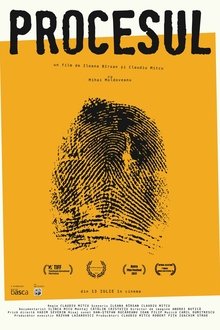
The Trial (2017)
Mihai Moldoveanu, a former Romanian army officer, was sentenced to 25 years behind bars for a crime he claims he did not commit. Following a long series of attempts to prove his innocence, the European Court of Human Rights ruled in Moldoveanu's favor in June 2012. The documentary follows him after his provisional release and focuses on the referral of the case and the consequences of the new sentence, giving the viewer the role of a juror in a complicated and controversial lawsuit.

Picture Proof (2023)
Examines the intergenerational impact of addiction by chronicling the love, labor, loss, and uncertainty of one woman’s struggle to live a life of sobriety. Weaving together moments of glee, fulfillment, acceptance, sorrow, and disappointment, this documentary takes an intimate look at the bonds that hold one family together and a disease that threatens to tear them apart.
